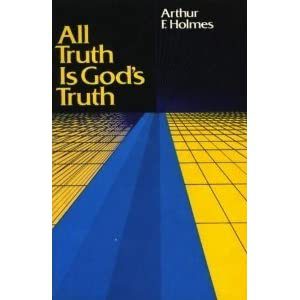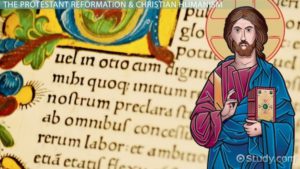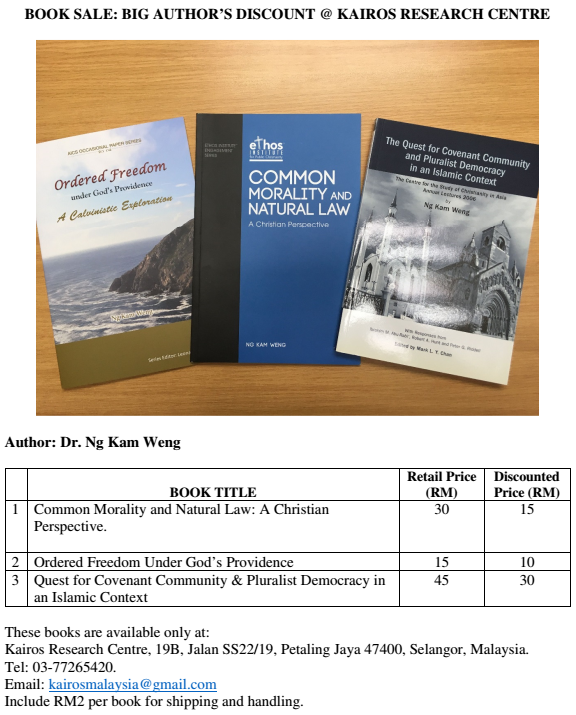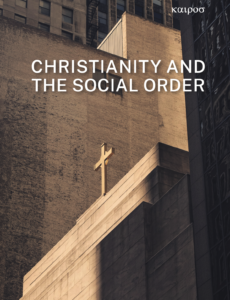
Social engagement has become acceptable in many conservative churches today. But social engagement in the ideologically crowded space of civil society is inherently contentious. The danger arises when Christians, in their eagerness to be “relevant” and to be accepted by wider society, end up following an agenda set by other social activists. Luke Bretherton identifies three processes whereby society may domesticate the church: 1) co-option – the church becoming a client of state patronage, 2) competition – the church is reduced to just another player in identity politics, pursuing its own religious rights, 3) commodification – the market construes the church as a product of consumption as Christianity becomes simply another privatized lifestyle choice.1Luke Bretherton, Christianity and Contemporary Politics (Blackwell, 2010), pp. 1-2. Instead of allowing the church to be swept along by fashionable social tides, Christian activists must clearly focus on social priorities determined by Christian values. However, Christian values will remain as ‘ghostly’ abstractions unless they are embodied in a community. Hence, social engagement needs to go beyond mere discussion on personal values and focus more on how Christian values are exemplified in a Christian community. Continue reading “Identity in Christ and the Moral Witness of the Church”
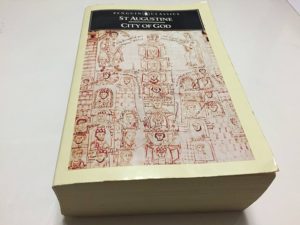 Citizens of two cities
Citizens of two cities